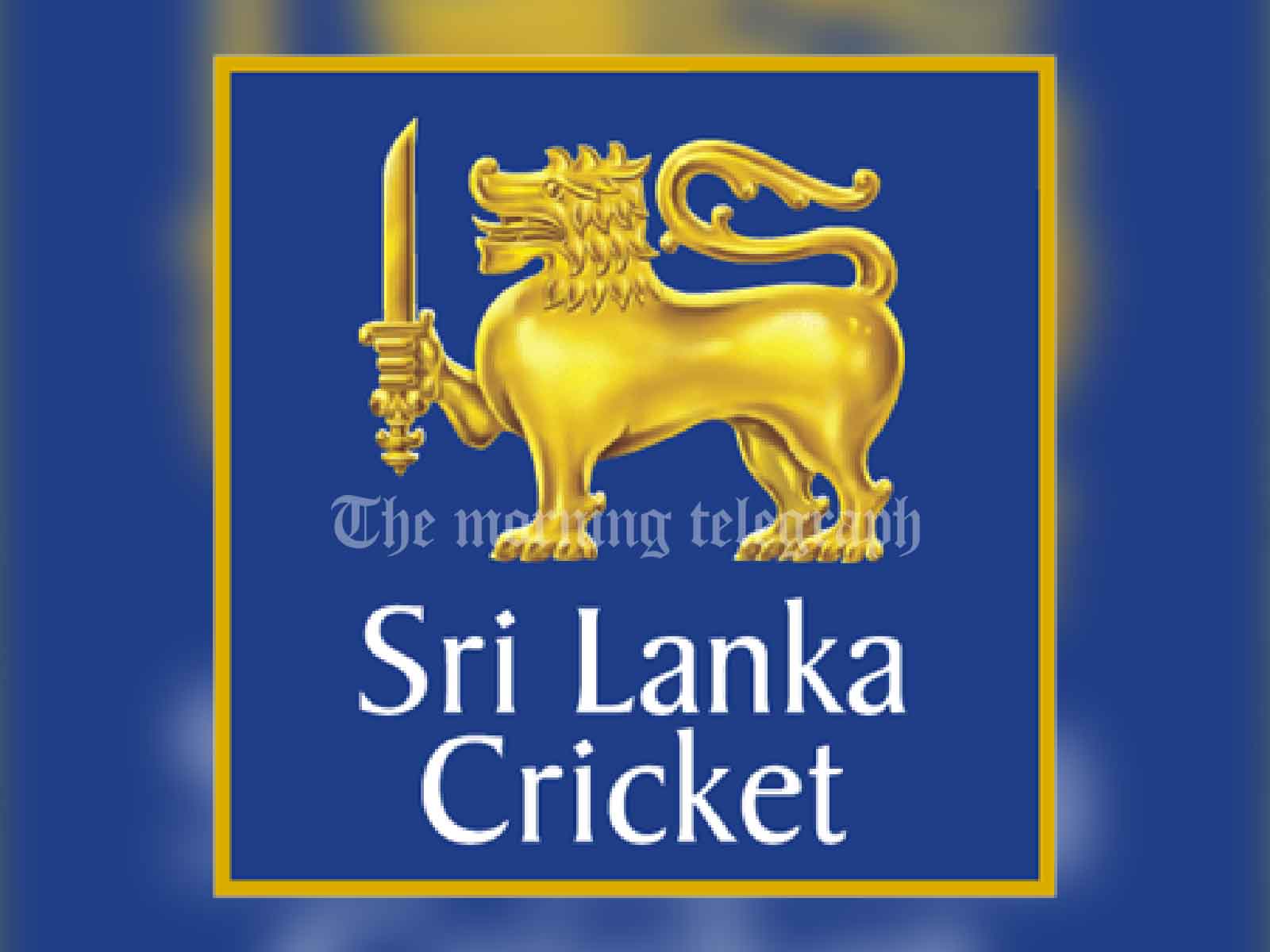
The recent appeal by Sri Lanka Cricket (SLC) to the Court of Appeal arises from the Right to Information Commission’s July 2024 ruling, which determined that SLC should be included in the definition of a “state authority” under the Right to Information (RTI) Act. This classification allows the public to access documents like the Manoli Jinadasa report, which investigates allegations of sexual harassment against female cricketers. The report is particularly sensitive as it deals with misconduct by officials within the cricketing body, raising significant concerns about accountability and transparency in the governance of sports in Sri Lanka.
Journalist Naushad Amit initially filed a request for the Jinadasa report, citing public interest in the ongoing issues of harassment faced by female cricketers. SLC denied the request, arguing that disclosing the information would infringe upon personal privacy. This denial led Amit to appeal to the RTI Commission, which determined that SLC must release the report while ensuring the anonymity of the victims. The Commission highlighted the need for transparency in addressing allegations of sexual harassment and noted that public bodies must be accountable for their actions.
In its appeal to the Court of Appeal, SLC argues that it is a private institution and not subject to the RTI Act. They assert that their primary relationship with the government is limited to their registration with the Ministry of Sports, as stipulated by the National Sports Regulation No. 01. However, the RTI Commission countered this argument by pointing out that SLC’s role as the governing body for cricket in Sri Lanka and its responsibilities in representing the country internationally qualify it as a public authority. The Commission’s interpretation suggests that the registration with the Ministry signifies a national interest that mandates transparency.
This case has far-reaching implications for sports governance in Sri Lanka, particularly concerning the treatment of female athletes and the accountability of sports institutions. It underscores the necessity for organizations like SLC to maintain ethical standards and protect the welfare of their players. The ongoing legal proceedings may set a precedent for how similar cases are handled in the future, potentially leading to increased scrutiny of sports bodies in Sri Lanka and beyond.
The RTI Commission has previously acknowledged that SLC falls under the purview of the RTI Act. In a 2019 case, the Ministry of Sports recognized SLC as a public authority when responding to an RTI request concerning various cricket tournaments. This historical context strengthens the Commission’s current position that SLC must comply with RTI regulations and prioritize transparency.
Public sentiment surrounding this case is growing, with advocacy groups and journalists stressing the importance of making such reports accessible to hold powerful institutions accountable. The conversation around women’s rights in sports is critical, particularly in light of the ongoing issues of harassment and discrimination that female athletes face globally.




